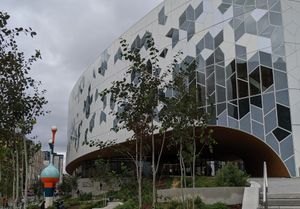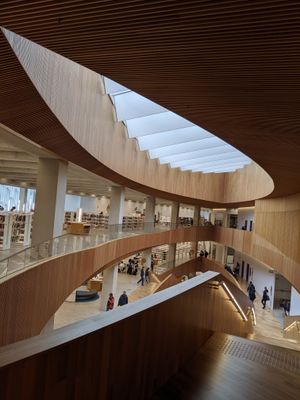I have argued over the years that we should not treat each system as if it were the sole focus of a user’s attention. This leads to design for the creator rather than design for the user, as designers imagine that users have the leisure and interest to explore the special but specific features of each website. No way.
I was interested to be reminded of Jakob’s Law in Nielsen’s latest Alertbox.
Jakob’s Law states that users spend most of their time on other sites and form their expectations based on their aggregated user experience.
Coincidentally, I was thinking of this while reading the excellently named: ‘I don’t think I click: a protocol analysis study of use of a library catalog in the Internet age’ by Eric Novotny in College and Research Libraries, November 2004, Vol 65, No 6. (available here to those ACRL members who happen to know their password). A quote:
Participants demonstrated minimal knowledge of how information is structured in a library catalog and how that underlying structure affects their searches. More important they showed no curiosity about how the catalog worked nor did they feel they should.
Another nice phrase: the ‘lure of the links’: users, especially younger users, were drawn to fields which were hot linked. Remember, the catalog is not the sole focus of a user’s attention. They spend most of their time somewhere else on the web, and that forms their expectations.



